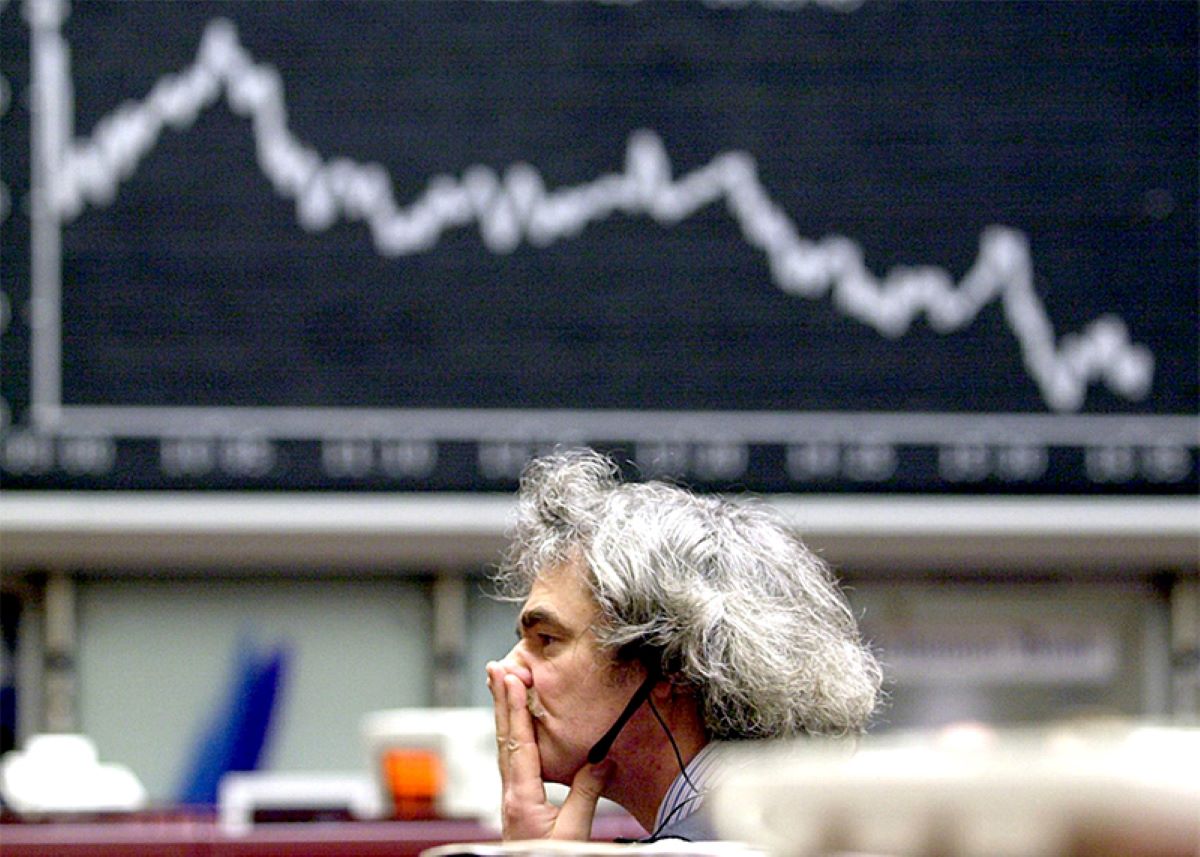US inflation doesn’t scare the markets, but watch out for the next round of rate hikes. The comment
The expected January inflation data from the US did not hold any surprises and the resulting market reaction was rather limited. Influencing the trend was more the sequence of data for the next few days, retail sales and claims for social benefits unemployment which have shown a substantially strong economy, especially on the consumer side and the labor market. Then came the statements of the two Fed Presidents Bullard and Masternon-voting members of the FOMC, who again favor a rate hike from 50 basis points, with the risk that at the next meeting in March the median dot plots of the Fed could be raised again, with a terminal rate of 5.5% .
At the beginning of February, after the recovery of the past months, the interest rate curve started to rise again on all maturities. Initially in a more contained way, as if this phase of weakness had been exploited to close short positions. More recently we have seen an acceleration. The most positive news about the growth outlook involves, as we have seen, a more monetary policy tightening to cool inflation and consequently weaker growth thereafter. The wait recession could therefore only be postponed by a few quarters. In the short term, an increase in yields on the long end of the curve is justified, which however is unlikely to reach the highs of last October.
The situation in the Eurozone is similar to the American one. In reality, the area’s macroeconomic data has tended to beat analysts’ estimates since last summer. The sharp rise in the prices of energy products and the damage linked to the war in Ukraine had limited effects, pessimism turned out to be excessive. However, the ECB’s willingness to continue raising official rates at its next meetings could lead to macroeconomic deterioration in the future.
Subscribe to the newsletter
